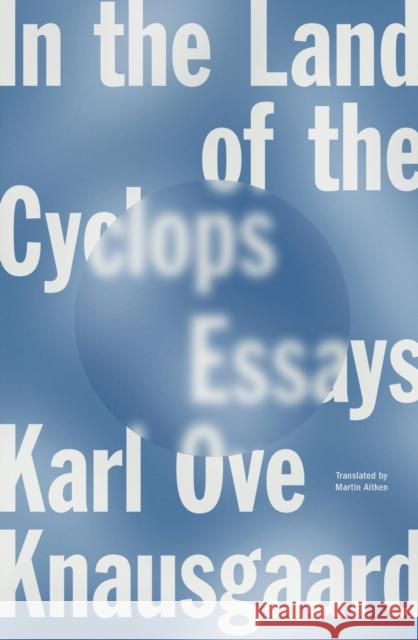In the Land of the Cyclops: Essays » książka
topmenu
In the Land of the Cyclops: Essays
ISBN-13: 9780374265601 / Angielski / Miękka / 2023 / 448 str.
In the Land of the Cyclops: Essays
ISBN-13: 9780374265601 / Angielski / Miękka / 2023 / 448 str.
cena 76,23
(netto: 72,60 VAT: 5%)
Najniższa cena z 30 dni: 74,97
(netto: 72,60 VAT: 5%)
Najniższa cena z 30 dni: 74,97
Termin realizacji zamówienia:
ok. 16-18 dni roboczych.
ok. 16-18 dni roboczych.
Darmowa dostawa!
Kategorie:
Kategorie BISAC:
Wydawca:
Farrar, Straus and Giroux
Język:
Angielski
ISBN-13:
9780374265601
Rok wydania:
2023
Ilość stron:
448
Waga:
0.45 kg
Wymiary:
20.96 x 13.67 x 2.54
Oprawa:
Miękka
Wolumenów:
01
Dodatkowe informacje:
Bibliografia











